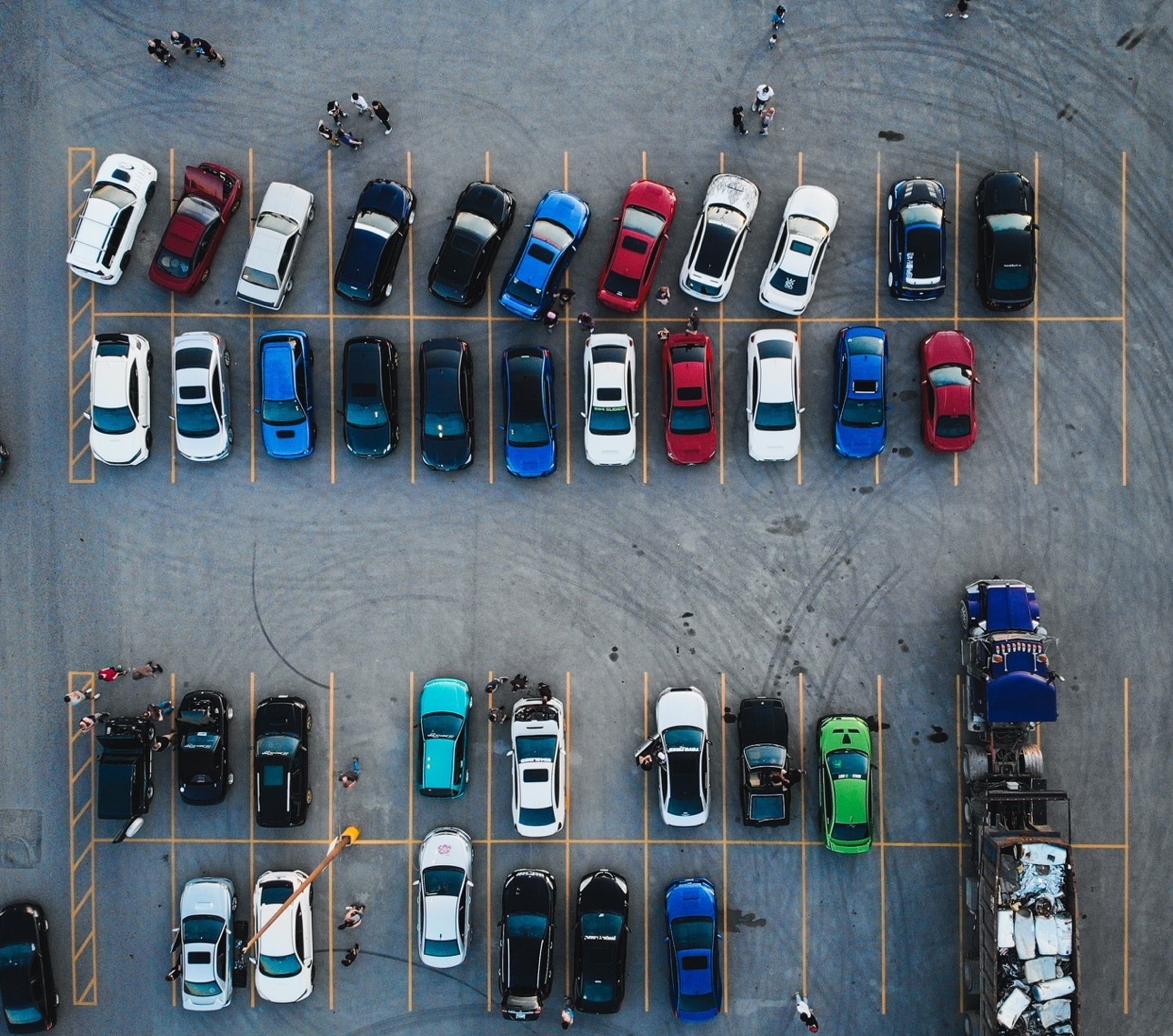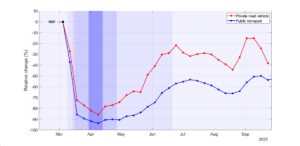Last november Scientific Reports published this article, written by María Pereda from the Ingeniería de Organización y Logística (IOL) research group and other authors from different universities. You can also find a related article in the COMSOTEC blog.
El pasado noviembre se publicó en la revista Scientific Reports el siguiente artículo, escrito por María Pereda del grupo de Investigación Ingeniería de Organización y Logística (IOL) junto con otros autores de diferentes universidades. Además, puedes encontrar más información al respecto en la siguiente entrada del blog de COMSOTEC
Abstract
Congestible goods describe situations in which a group of people share or use a public good that becomes congested or overexploited when demand is low. We study experimentally a congestible goods problem of relevance for parking design, namely how people choose between a convenient parking lot with few spots and a less convenient one with unlimited space. We find that the Nash equilibrium predicts reasonably well the competition for the convenient parking when it has few spots, but not when it has more availability. We then show that the Rosenthal equilibrium, a bounded-rational approach, is a better description of the experimental results accounting for the randomness in the decision process. We introduce a dynamical model that shows how Rosenthal equilibria can be approached in a few rounds of the game. Our results give insights on how to deal with parking problems such as the design of parking lots in central locations in cities and open the way to better understand similar congestible goods problems in other contexts.




